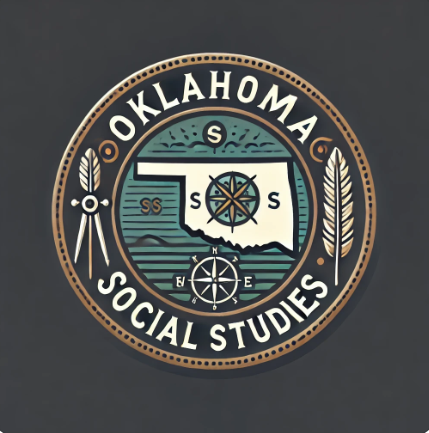Beyond the Battlefield: Understanding Multiple Perspectives in the American Revolution
Imagine making a choice that could cost you everything – your home, your family, your life. This was the reality for countless individuals during the American Revolution. Background: The American Revolution wasn’t simply a war between Britain and its colonies; it was a complex social upheaval that forced every member of society to make difficult choices. Thesis: Understanding the diverse perspectives and motivations of different groups during the Revolutionary period reveals a more nuanced and complex picture of America’s founding than traditional narratives suggest.
The Complex Web of Revolutionary Society Colonial society in 1775 was far from unified in its response to growing tensions with Britain. Each segment of society faced unique challenges and considerations when choosing sides. Wealthy merchants worried about trade relationships and debts to British creditors, while small farmers focused on local autonomy and tax burdens. Religious leaders grappled with questions of divine authority versus colonial rights, creating deep divisions within congregations. These various concerns created a complex web of loyalties that often transcended simple Patriot-versus-Loyalist divisions.
Cultural and Economic Transformations The revolution catalyzed profound changes in American society that went far beyond political independence. Americans began developing distinct cultural practices, from unique forms of dress to new social customs, deliberately differentiating themselves from British traditions. Economic relationships underwent dramatic transformations as colonial merchants sought new trade partners and artisans developed domestic industries. These changes had lasting impacts on American society, influencing everything from language to business practices.
Voices Often Overlooked Traditional revolutionary narratives often overlook the experiences of marginalized groups. Native American nations faced existential choices about allying with Britain or the colonies, while trying to preserve their lands and cultures. Women took on new roles managing businesses and farms, while some served as spies and information gatherers. African Americans, both free and enslaved, saw the revolution as an opportunity to advance their own liberation, though their hopes were often frustrated by post-war developments.
Resources for Educators and Students For educators seeking to explore these complex perspectives with their students, comprehensive teaching materials aligned with Oklahoma Academic Standards and Common Core are available at Sooner Standards. These resources include primary source analyses, interactive activities, and assessments designed to help students understand the revolution’s multifaceted nature.
The American Revolution’s complexity emerges clearly when we examine the varied perspectives and experiences of different groups during this pivotal period. Summarize Main Points: From economic considerations to cultural transformations and marginalized voices, the revolution affected different groups in profoundly different ways. Final Thoughts: By understanding these diverse perspectives, we gain a richer appreciation of both the challenges and achievements of the revolutionary generation, while better understanding the ongoing work of creating a more perfect union.



